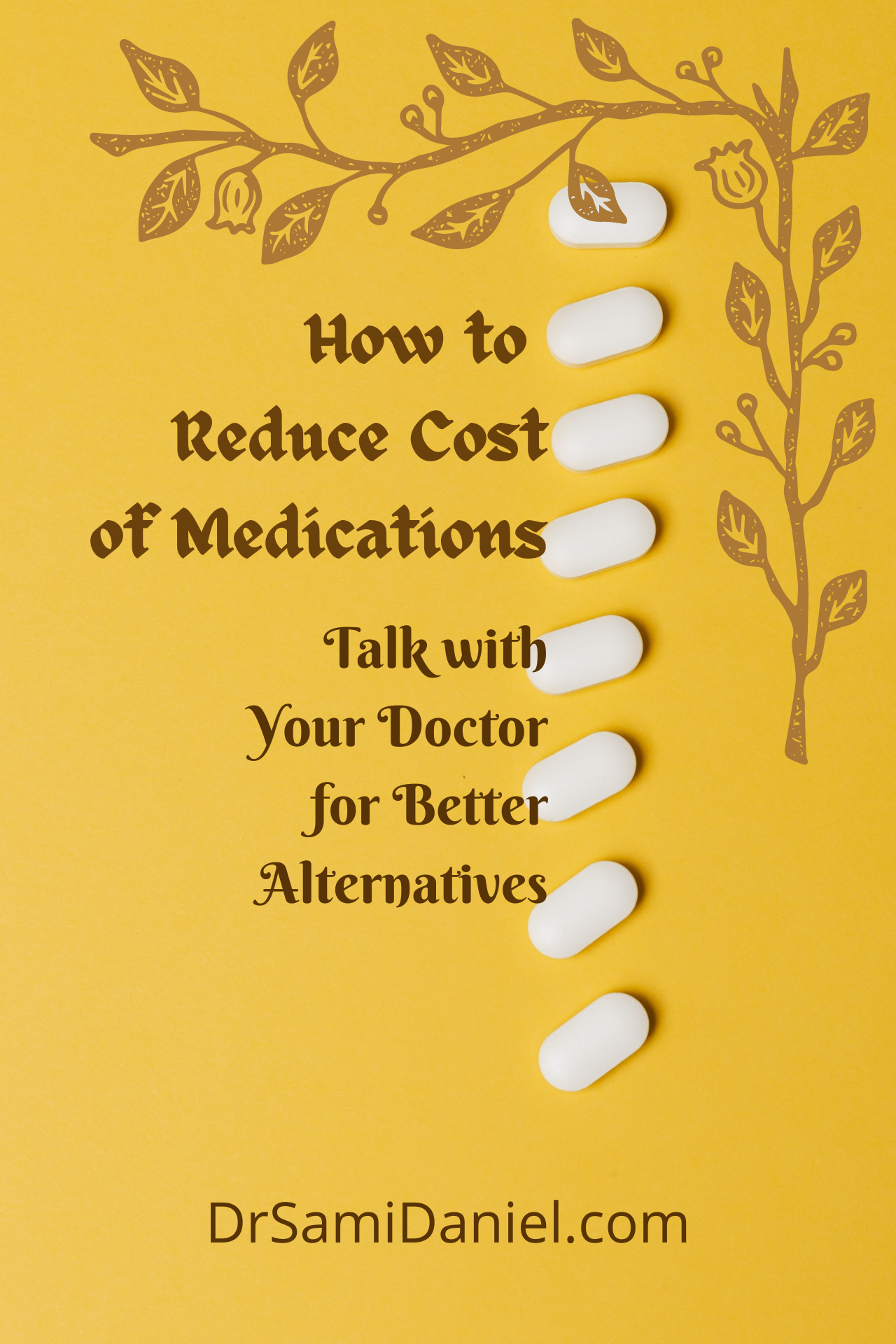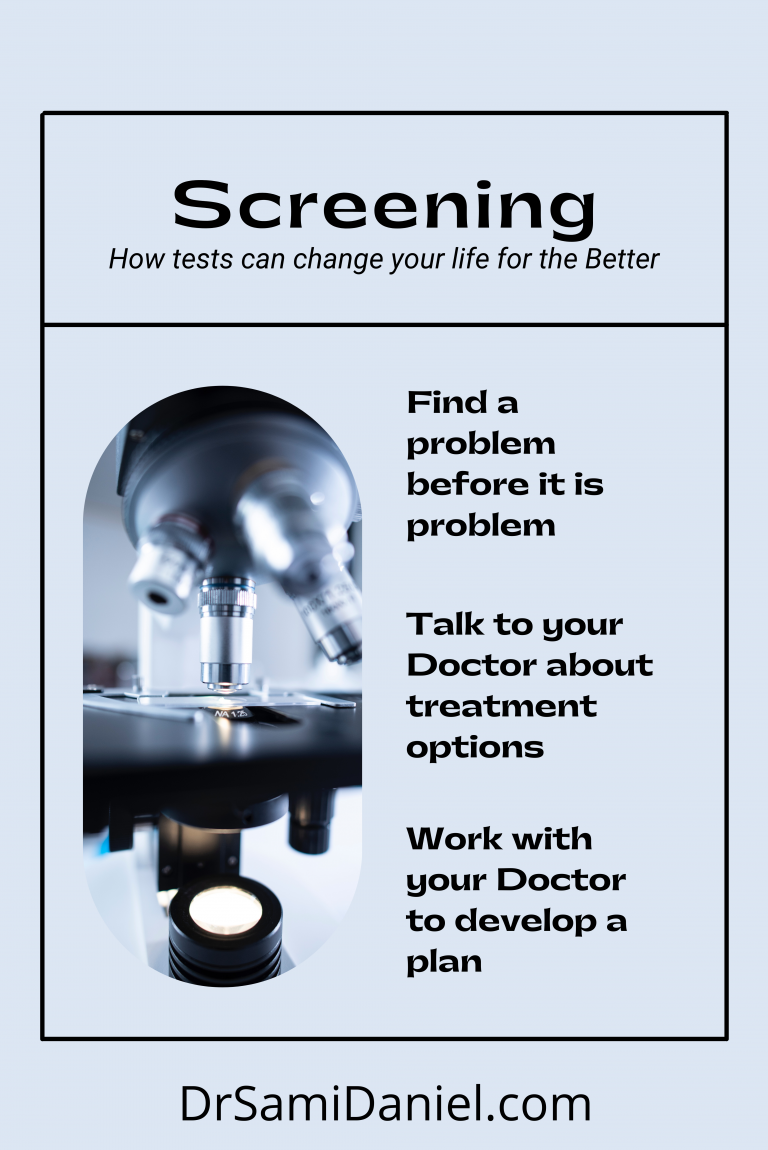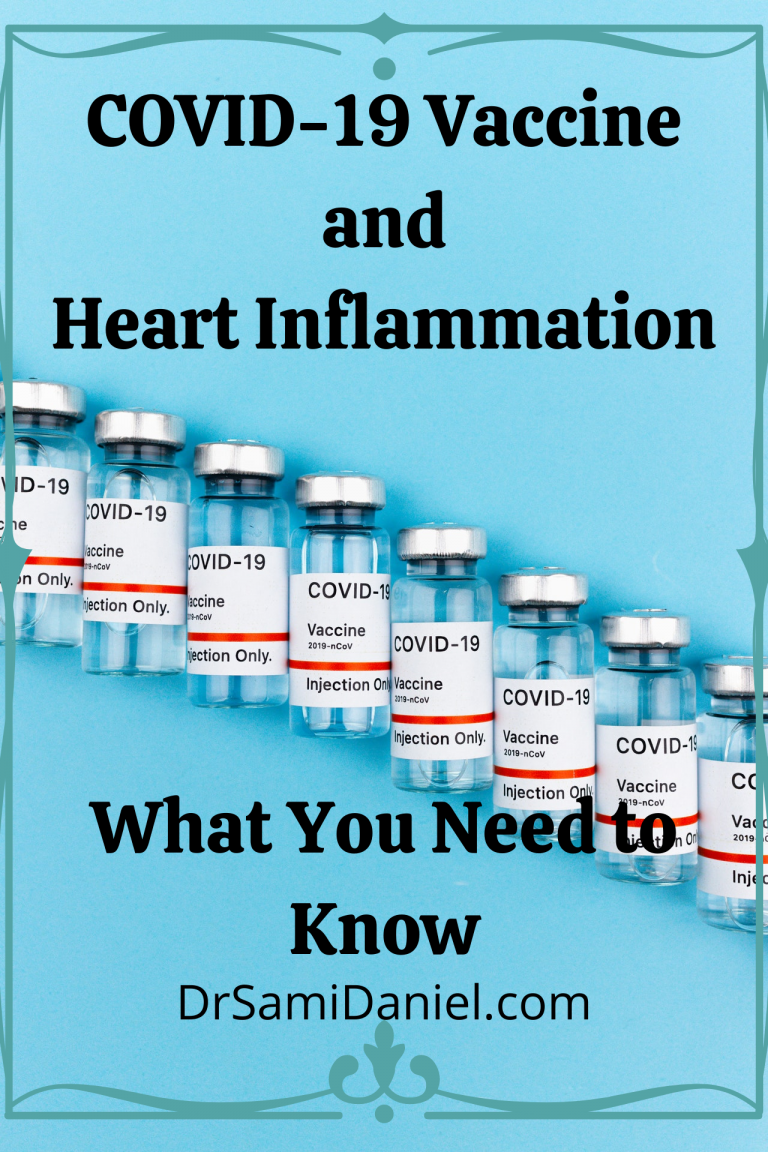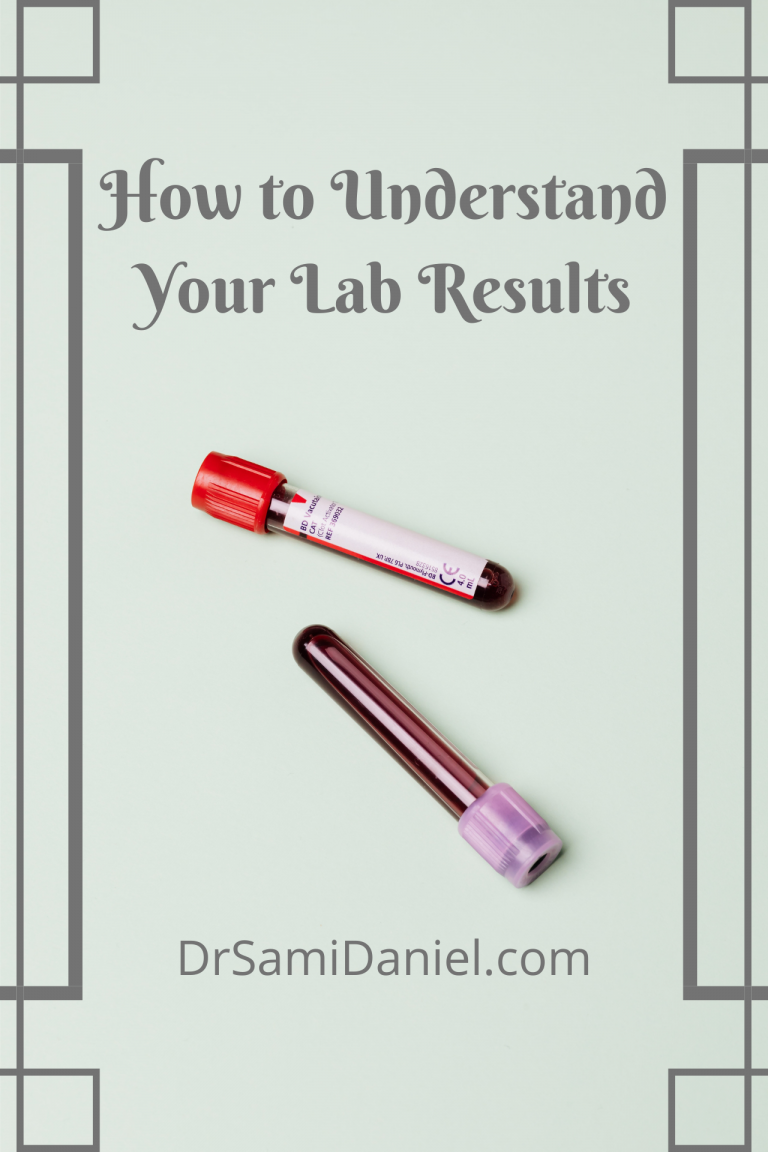How to Reduce the Cost of Your Medications
You go to the pharmacy to refill your prescriptions.
You look at the bill and wonder how on Earth these medications can cost so much money?
Then you begin thinking, “Do I really NEED all these medications?”
You might even begin to justify skipping a few for now since you cannot afford them all. After all, you have to put food on the table.
So you might begin to fill some medications and not others. This is NOT advisable. But at least you fill the ones you think you need for now. The others can probably wait… Right?
This becomes a dangerous thought process.
The Doctor prescribed those medications for good reason. And you should not change your medication regimen without first consulting your Doctor. However you may wonder if everything is required.
After all, we need to lighten the impact on your purse.
So let’s see how we can put aside the guessing games and take back control before we are shocked by the price at the pharmacy check-out lane.
What is Polypharmacy?
Poly.. what?!
Polypharmacy is a term commonly known amongst health professionals. And it is something they concern themselves with on a consistent basis.
Polypharmacy is the idea that a person is taking too many medications at the same time.
And sometimes, they do not need to be taking all these medications.
This can sometimes happen when a person goes from their Primary Care Physician to a specialist and back again.
Or this can happen when a person gets discharged from the hospital and the doctor prescribes a new medication.
Whatever the situation, there are systems in place to prevent the risk of polypharmacy. However like all systems, there is room for improvement.
And as the person taking medications, you want to make sure that you’re taking medications necessary to your health and to minimize the impact on your bank account.
How to talk to your doctor
Your doctor prescribes you medication for a reason. Sometimes there may even be several reasons.
Therefore it is never advisable to alter your medication regimen without speaking with your doctor first.
So talk with your doctor.
Let your doctor know the difficulties are having. Work with your doctor to see if there’s any possibility to decrease the strain on your pocketbook.
There are one of two ways to consider:
- Reduce the number of medications you need to take
- Find a cheaper alternative
Patients often call in asking for a cheaper alternative to the medication that the doctor prescribed. This not unreasonable.
Your doctor is in the business of keeping you well. So helping you find a feasible option benefits you as much as your doctor.
So when you speak with your doctor, ask these questions:
- What are all the medications I need to be taking?
- What do these medications help treat?
- Is there any way I can reduce or even eliminate a medication from my regiment?
- Are there generic or cheaper alternatives?
- Will my insurance cover these medications?
These are all important questions to help figure out important answers. They all address your health.
You can even ask these same questions to the pharmacist.
How to save money
The type of health insurance you have often dictates your co-pay for medications.
But people don’t often realize that their insurance might cover different medications in different ways.
More than that, insurance companies are constantly changing their policies when it comes to co-pays for medications.
Therefore what was covered this year may not be covered next year. And conversely, what was not covered this year may actually be covered next year.
This is often very confusing since there seems to be so much movement and change the policies.
People often find out at the checkout counter when they realize their particular medication that used to be a certain price has suddenly spiked in price.
What happens at that point? People call the doctor asking for a different medication.
There might not always be a different medication or an alternative that is suitable for the condition being treated. But it doesn’t hurt to ask and review your options with your doctor.
There are few resources you have available to you:
- Your doctor is first on the list. They may be able to help you due to their wealth of knowledge of medications as it pertains to their understanding of your health profile and what treatment you required.
- Your insurance company is next. Your insurance company will be able to tell you what medications are covered and what the cost might be to you at the pharmacy checkout lane. Your doctor will have to do the same research, so it would be helpful to find out beforehand and simply suggest the medication to the doctor for prescription.
- If all else fails, using alternative drug prescription coverage such as GoodRx might be of benefit to you. Usually pharmacies accept insurance first. But if no insurance, companies like GoodRx may be the only other alternative to help lighten the cost of medications.
Conclusion
If you are considering reducing your medications for any reason, review your medications with your Doctor first.
Doctor prescribes medications because your provider feels they are necessary in your situation. Do not alter your regimen and speak with your Doctor about how to take them properly.
If you’re having difficulties whether it be financial or ability to tolerate the medication, talk with your Doctor for advice on finding alternative treatments.
You can use the questions listed above in order to help guide the conversation.







